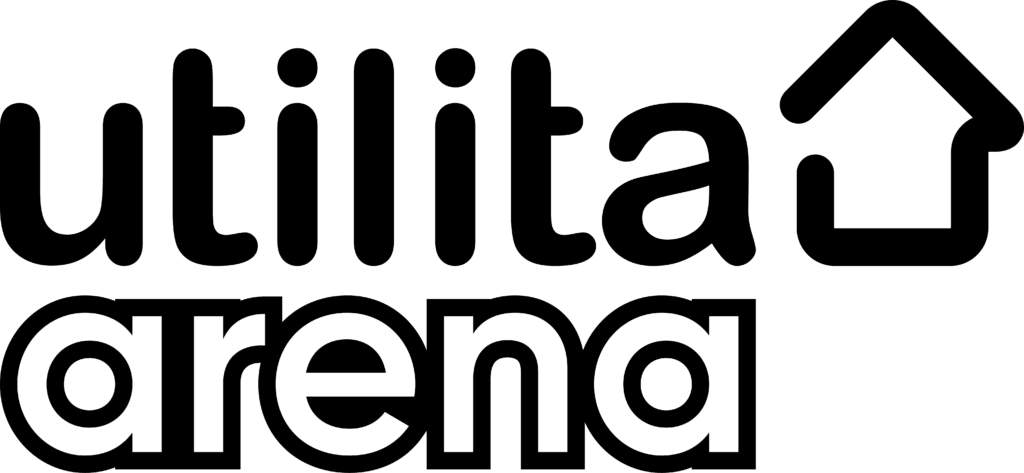Loop Troop

Joe & Linda's Story: Informing Our Solar Decisions
In pursuit of enhancing their home’s value and reducing running costs amidst soaring energy prices, Joe* and Linda* embarked on their solar journey in 2022. Uncertain about the investment’s viability, Loop’s Solar Simulator became their beacon of certainty, enabling a nine-month analysis of calculated energy generation. This ultimately led to their decision to install solar panels and a home battery.
Reflecting on their journey, Joe and Linda acknowledged that their hesitation to embrace solar sooner was a missed opportunity. Experiencing the dividends of clean, free solar energy, their only regret was not maximising its potential with a larger home battery system.
The impact of solar extended beyond financial gains; it transformed their lifestyle. It became part of their daily routine to optimise their energy use on sunny days by using their washing machine, and strategically adjust their heating system to heat water using excess solar energy.
Their commitment to reduce costs and lower their environmental impact, prompted the consideration of additional green measures. They’re currently contemplating the replacement of their aged gas boiler with an air-source heat pump. Their ultimate aim is to improve their home’s EPC rating to make their home more attractive if they were to sell it in the future, and potentially attract preferential mortgage rates.
With the current Smart Export Guarantee nowhere as generous as the original Feed-In-Tariff, Joe and Linda emphasise the importance of maximising self-consumption.
* All users real names have been changed
Recent Stories
James* has been a Loop customer since July 2022. He first heard about Turn Down and Save on social...
Callum*, a recent Loop user after the installation of his smart meter, has undergone a significant...
Jack* has been using Loop for a year, leveraging its features to reduce rising energy costs...
Have a story to share?
Has Loop helped you identify an energy hog in your home? Share your story with our community. This could help others identify the same issue, or learn how to identify their own energy hogs.













